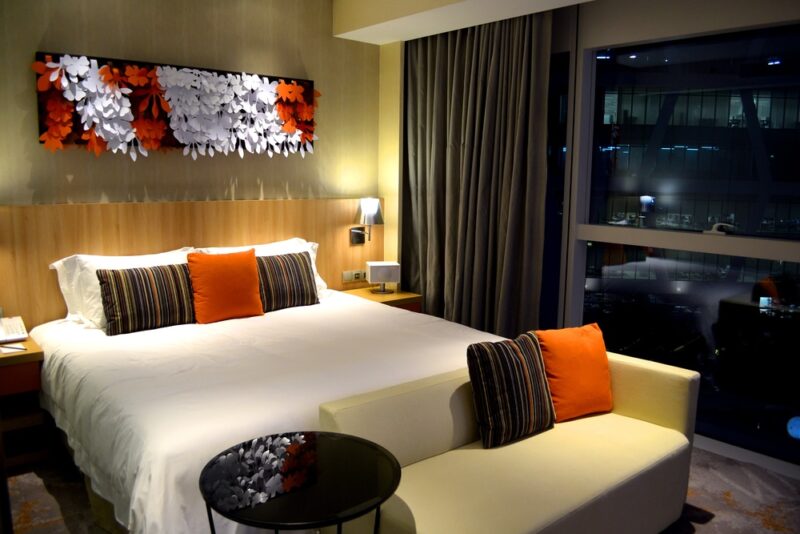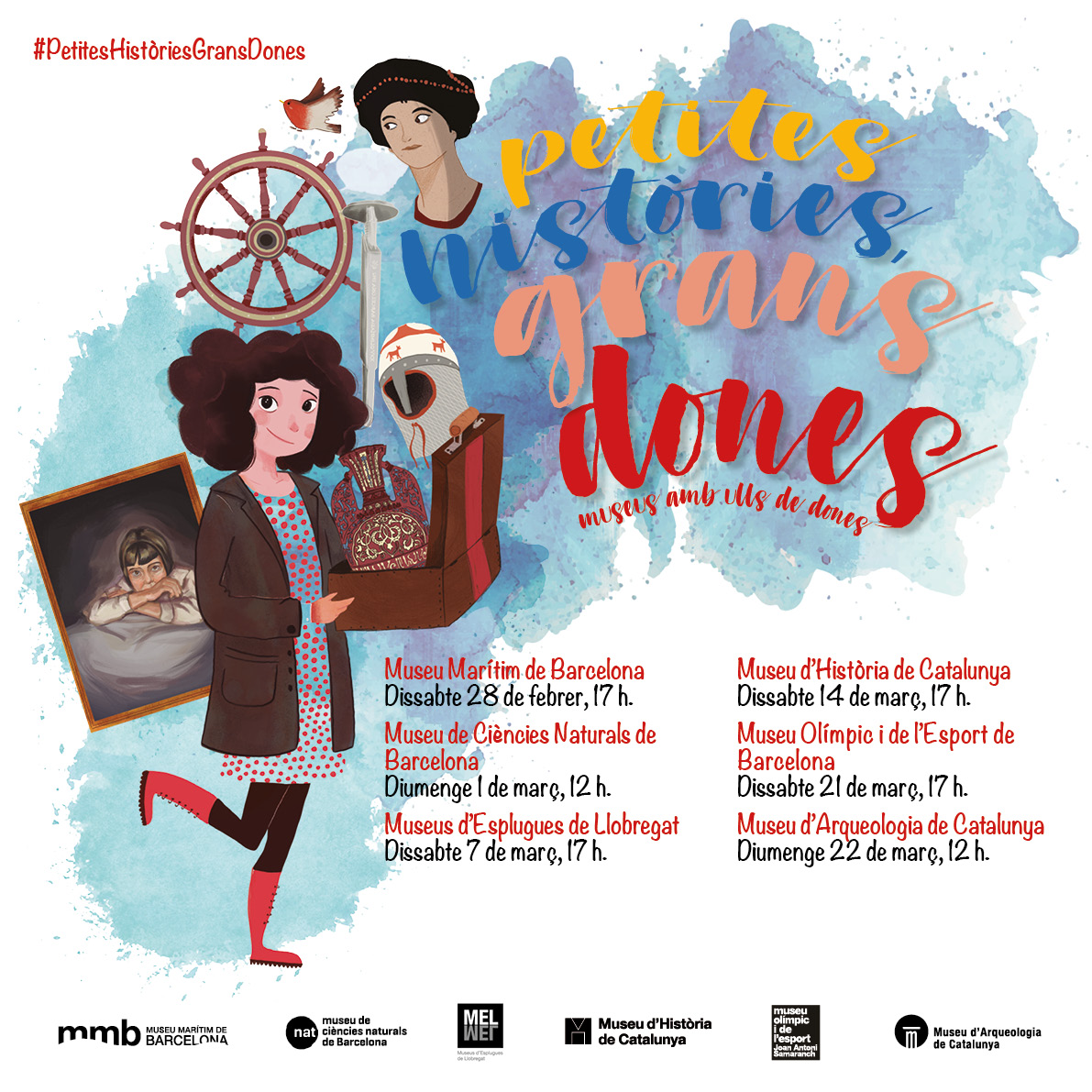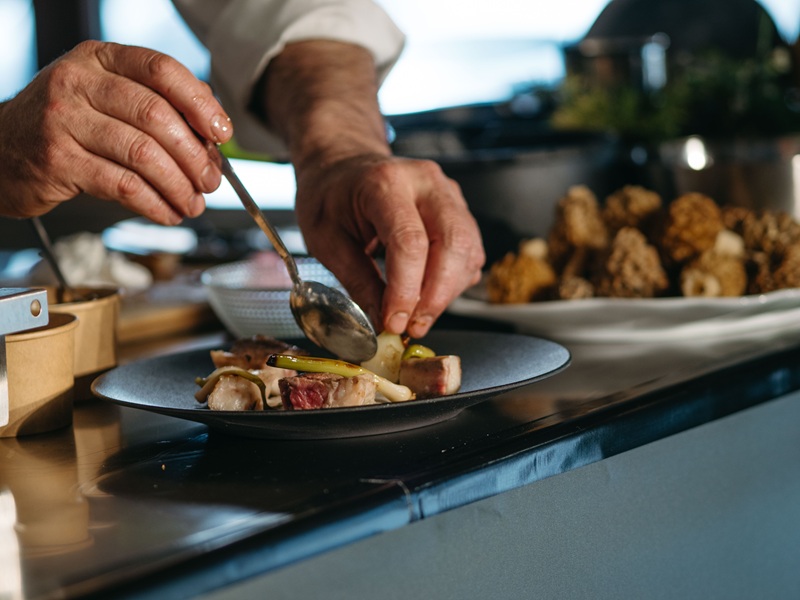Branding is the new concierge of your hotel
In an industry where every detail counts and competition is fierce, a boutique hotel’s brand can be its greatest strength… or its greatest weakness. It is no longer enough to offer nice rooms or a privileged location. Today, travelers are looking for something more: a story that captures them, an experience that connects them and an aesthetic that speaks directly to their hearts.
Branding is the key tool to achieve that emotional connection. When built well, it transforms an accommodation into a universe with soul, coherence and magnetism. In fact, many bookings come because someone searched for your hotel by name. That’s not a coincidence, that’s branding that works.
Find branding agencies specialized in the hotel sector → Branding agencies in Spain.
 What makes a boutique hotel brand irresistible?
What makes a boutique hotel brand irresistible?
A boutique hotel doesn’t want to be just another one of the bunch. It wants to be remembered, desired and shared. For that, it needs branding that works from the inside out. Here are the key elements:
1. Storytelling: the story that makes you fall in love
Every hotel has a story to tell. It can be its origin, its relationship with the city, its architecture or its value proposition. The important thing is that this story feels authentic and relevant. Good storytelling not only decorates, it creates an emotional bond with guests. It is not about inventing a novel, but about finding the narrative thread that connects with the soul of the project.
2. Design and visual identity
Your brand enters through the eyes. Colors, fonts, logo and graphic style must speak the same language and reflect what you are. If the hotel is modern and minimalist, your identity should follow that line. If it is rustic and warm, the same. The visual identity must be coherent, recognizable and replicable, from the entrance sign to the publications on Instagram.
Values and purpose
Today’s travelers don’t just choose with their wallets. They choose with their convictions. That’s why a brand with clear values has a lot to gain. Sustainability, local community, wellness, art… What matters is that your hotel has an authentic stance and communicates it in every corner, without imposture.
4. Visual and verbal tone
How do you talk to your guests – are you approachable, sophisticated, provocative or relaxed? Defining a consistent tone of communication, both visually and verbally, allows the brand to express itself consistently. And that builds trust. From website copy to a confirmation email, every word should reinforce who you are.
The role of a branding agency in Spain
Building a brand is not a matter of an afternoon or an improvised logo. This is where the work of specialized branding agencies comes into play, which you can easily find using websites such as Sortlist. In Spain there are teams that perfectly understand the language of tourism and, even more so, of the boutique hotel.
A good agency not only designs, it translates your essence into a memorable identity. It helps you detect your differential, position yourself against the competition and connect with the exact type of traveler you want to attract. In addition, they integrate all channels (web, networks, signage, packaging, email marketing…) into a coherent and seductive brand strategy.
If your hotel has potential, a branding agency can turn it into a desired brand. And that translates directly into bookings, loyalty and reputation.
Hotel brands that inspire (and inspire a lot)
Although each brand must be unique, it is always useful to look at examples that have known how to play their cards right. Here are some national and international trend-setting references:
Casa Bonay (Barcelona): A lesson in coherence between history, modern design and local culture. Every corner of the hotel breathes Catalan authenticity with a contemporary twist.
Torre del Marqués (Teruel): Rural and sustainable luxury. This farm converted into a hotel dazzles with its narrative around slow life, territory and biophilic design.
The Hoxton (various cities in Europe): They know how to tell local stories with a very careful aesthetic. Their branding is a mix of urban design and emotional closeness.
Zoku (Amsterdam and more): They reimagine the concept of the hotel as a place for community, work and relaxation. Their brand conveys dynamism, innovation and informal hospitality.
They all have something in common: a strong identity, a clear proposal and an unforgettable experience.
A name that leaves its mark
We cannot talk about branding without talking about naming. The name is the first stone of the castle, the first impression you give to the world. It must be short, evocative, easy to remember and coherent with your identity.
Avoid generic clichés and seek to differentiate yourself. There are techniques, market research and creativity behind a good naming. And yes, it is worth spending time, because a good name can make a difference in search results, brand recall and positioning in the customer’s mind.
Emotional branding that generates bookings
Ultimately, the traveler does not choose hotels. They choose how they want to feel. That’s why boutique hotel branding must have the power to excite, inspire and connect. It’s not just about filling rooms, it’s about building community, identity and reputation.
An irresistible brand is one that is not only sought after, but also recommended, fondly remembered and appears in Instagram stories without asking for it. In fact, a strong branding also favors the work of the digital marketing agencies that manage every day the communication with your followers on social networks.
So if you are thinking of renewing the image of your boutique hotel or launching one from scratch, think about branding from day one. It’s not a luxury, it’s a strategic investment that can elevate your project to another level.


 What makes a boutique hotel brand irresistible?
What makes a boutique hotel brand irresistible?
